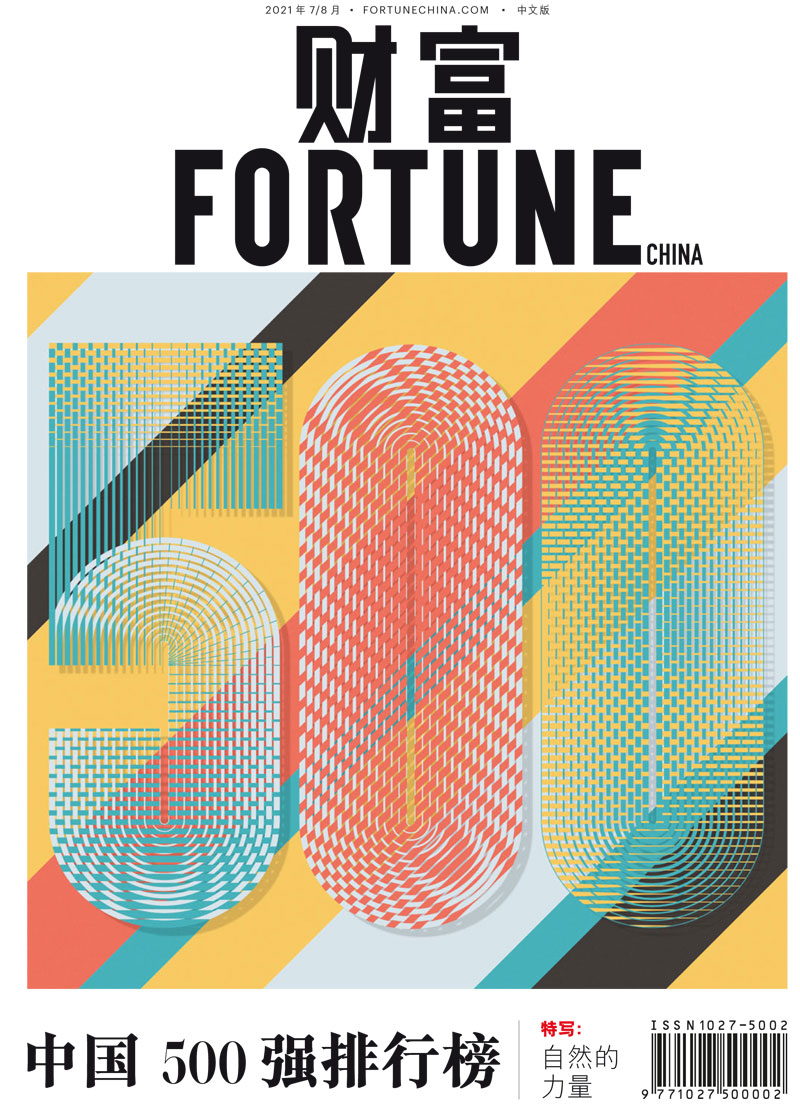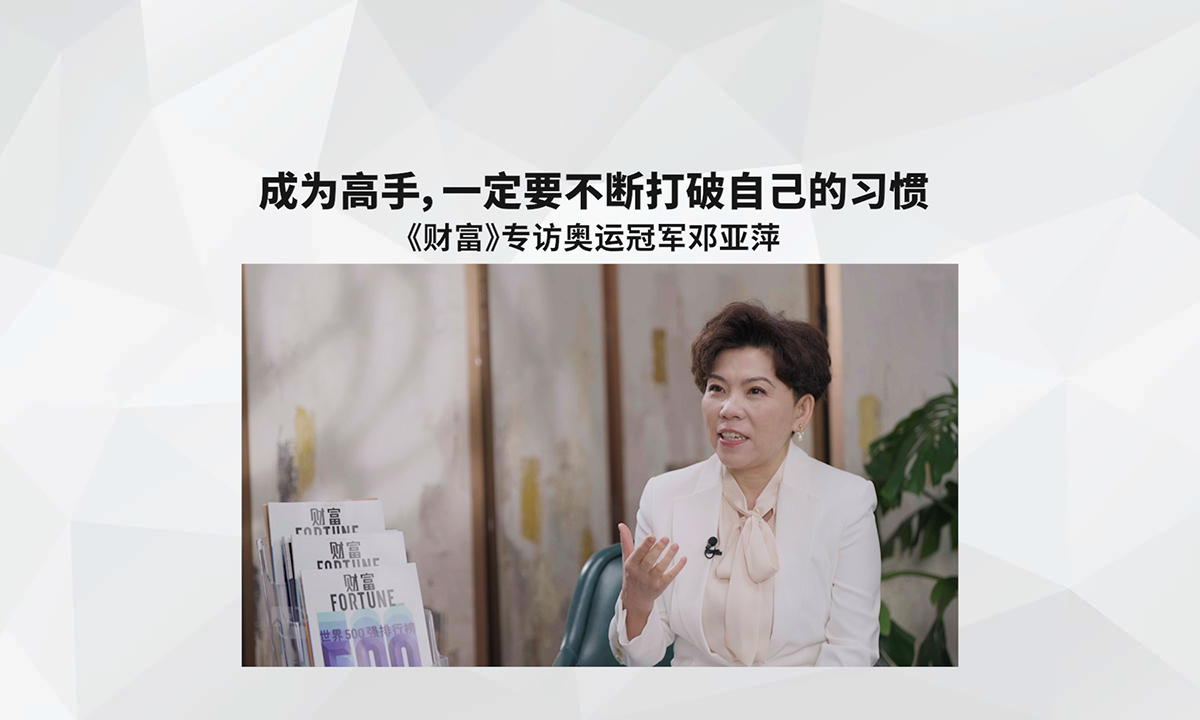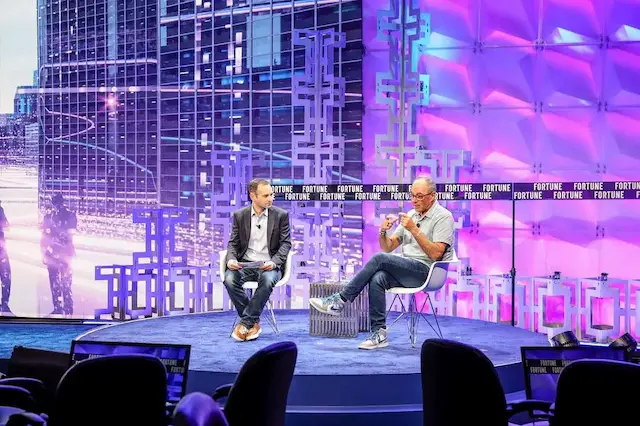“我得到过的最好建议”精选集
|
斯考特·格里菲斯
Zipcar董事长兼首席执行官 我是癌症康复者。十五年前,我一结束与医生的通话。获悉自己组织切片检查的结果后(格里菲斯被诊断为2期霍奇金淋巴瘤),我给我哥哥打了电话,告诉他结果不好,我需要做9个月的辐射和化疗。他说:“我知道你能战胜病魔,完全康复。”但“你必须想想,经过所有这些后,你希望自己成为什么样的人。想想等到这一切结束的时候,你已经是另外一个人了。”当一位家庭成员说出这些时,至少就我而言,我是非常认真地对待的。这个人对我的了解,几乎无人能及。如果你比较敏感,你可能会说,“我现在这样有什么不好吗?为什么等这一切结束时,我要变个样?”但我的理解是,这是一件改变人生的事情。一个人在很年轻的时候就被推到了悬崖的边缘,在这之后,你想怎样实现你的人生? 当时我住在波士顿,在从贝恩资本(Bain)剥离出来的Parthenon Group做咨询工作,单身,大概35岁。像大多数非常注重职业发展道路的人一样,我已经上完了商学院,我的职业道路从各方面来看都非常完美。我没有回家,去了阿斯彭滑雪。我想,当时我的人生确实没有什么使命感。哥哥一语惊醒梦中人。我把它写了下来,越来越笃信,自此人生应该完全不同。 它敦促我建立了一套个人的核心价值观。我开始关注周围,自问我身边的这些人有我这样的激情吗?有我这样的价值观吗?我开始自问,我加入俱乐部或做这些事情的理由——我先看什么文章,为什么?我开始进行内心的反省,决定离开咨询行业。我希望回到脚踏实地的工作。我总是对交通、科技和城市有着一股激情。我在匹兹堡长大,我上中学时这个城市简直是个灾难。我开始对“城市为什么会变成现在的样子”这个问题非常感兴趣。我想,我能不能找一份工作,融汇我对科技、对颠覆性商业模式以及对城市的激情,将所有这些都放到里面?当我进入Zipcar时,我感觉这就是那份工作。就是我要找的工作。这与我哥哥的建议或许是殊途同归。当我从癌症中康复时,我工作以外的很多事情都已经发生了变化。但将激情与职业联系起来,一旦你真正这样做,这个信念就变成了你的生命。这是为什么每天早上我依然精神抖擞地从床上爬起来。 |
|
|
Scott Griffith Chairman and CEO of Zipcar I'm a cancer survivor. Fifteen years ago, I had just gotten off the phone with the doctor who did the biopsy. [Griffith was diagnosed with stage 2 Hodgkin's lymphoma.] I called my brother and told him the results were bad and that I would need nine months of radiation and chemotherapy. He said, "I know you'll fight this and you'll survive." But, he said, "you have to think about the kind of person you want to be when you're done with this experience. Think about coming out of this a different person than you go in." When a family member says something like that, at least in my case, I take it a lot more seriously. Here's someone who knows me like almost no one else. If you have thin skin, you might say, "What's wrong with me now -- why do I need to be a different person when I'm done with this?" But the way I internalized it was, This is a life-changing event, you've been forced at a very young age to go to the edge of the abyss, and what do you want to do with your life after this?
I was living in Boston at the time, doing consulting at a Bain spinoff called the Parthenon Group. I was single, in my mid-thirties. Like most people really focused on a professional track, I had been through business school and by all measures was having a pretty good career path. I was skiing in Aspen instead of flying home. I don't think there was really any mission to my life. What my brother said to me was this lightning-rod moment. I remember writing it down, and it just started to sink in more and more that life should be different after this.
It forced me to develop a set of my own personal core values. I just started looking around. I asked myself, Do the people around me share my passions? My values? I started asking myself the reason I joined clubs or the things I read -- what article was I reading first and why? I started doing some soul searching and decided to leave consulting. I wanted to get back to real jobs. I always had a passion for transportation and technology and cities. I grew up in Pittsburgh, and when I was going to high school the city was a disaster. I became very interested in how cities get that way. I thought, What if I can find a job that would combine my passions for technology and game-changing business models and cities and put that all together? So when I stumbled into Zipcar, I was like, This is the job. This is the one I'm looking for. It sort of doubled back to that comment my brother made. There are a lot of things outside my work that have changed since I went through the cancer, but this idea that you connect your passions to your career -- when you truly do that, it becomes your life. It's why I still pop out of bed every morning.
|












